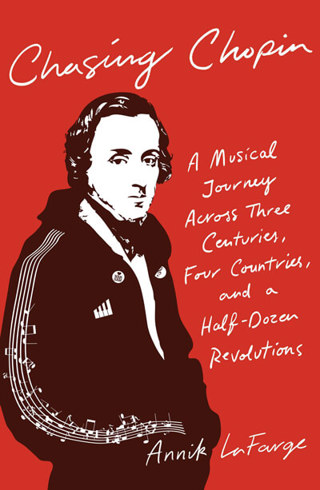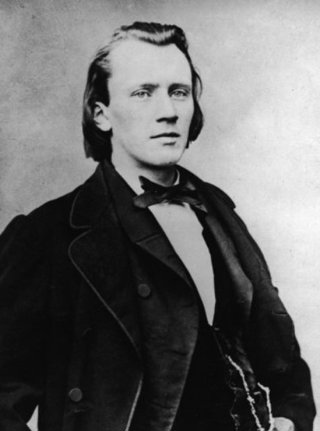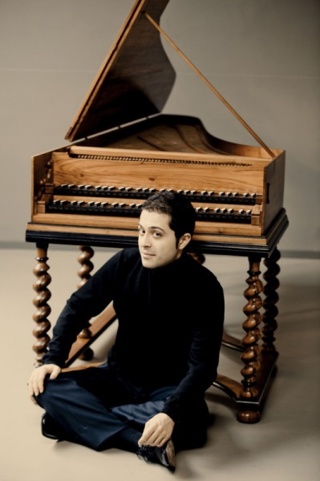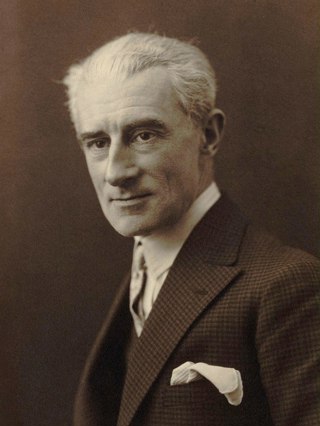
Bach, The Goldberg Variations
In 1741, Bach published a piece called "Aria with diverse variations." Little did he know that the piece would become one of the most beloved and nearly mythical works in all of Western Classical Music. The piece I'm talking about is now referred to exclusively as "The Goldberg Variations." Today we'll talk through these remarkable variations, and as a special bonus, I was joined by Jeremy Denk, Mahan Esfahani, Inon Barnatan, and Vivian Hornik Weilerstein for a virtual panel discussion about the Goldbergs.
13 Aug 202054min

"Chasing Chopin," with Annik LaFarge
This week I had the pleasure of speaking with Annik Lafarge, author of "Chasing Chopin," a book being released Tomorrow, August 11th, wherever books are sold. This is really a wonderful book and you'll hear in this interview all of Annik's abiding enthusiasm about Chopin which comes through so beautifully in the book. We talk about Chopin's pianos, Chopin as a symbol of Poland, the famous Funeral March, Georges Sand, and traveling to places that Chopin lived and worked. In essence, this is an immersion into Chopin and his music, and I'm sure you'll enjoy this fascinating interview - Chopin's debut on Sticky Notes!
10 Aug 202057min

Brahms Requiem
In February of 1865, Johannes Brahms received a letter from his brother saying: "If you want to see our Mother again come at once." Brahms rushed off to Hamburg but was two days too late. He had long thought about composing a requiem but this seemed to be the catalyst for him to finally write one. And it is a requiem like no other. Selecting biblical but secular texts himself, Brahms created what he called a "Human Requiem," a piece that is a balm and a comfort to the living as they mourn the dead.
6 Aug 20201h 2min

Talking Conducting, Studying, and Loneliness w/ Dalia Stasevska
Dalia Stasevska is a wonderful conductor whose career has skyrocketed in the past few years. She is the Principal Guest Conductor of the BBC Symphony and is the incoming Chief Conductor of the Lahti Symphony in Finland. We had a really great talk about getting into music, learning conducting from two legends in the field, Jorma Panula and Leif Segerstram, and about the sometimes lonely life of a conductor. Dalia is one of my favorite people to talk to in the music world and I'm sure you'll enjoy this!
3 Aug 202047min

The Connection Between Language and Music w/ Yundu Wang
I had the great pleasure of speaking with my friend Yundu Wang about her doctoral thesis exploring the connections between language and music. This research gets into thorny questions about the relationship between national origin and the way we interpret music, and also into questions of identity, stereotyping, and prejudice. I find this research particularly compelling and fascinating, and I hope you will too! Yundu's wonderful blog can be found here: https://blog.yunduwang.com/2020/05/12/an-introduction/
27 Juli 202050min

A Decidedly Undogmatic Conversation w/ Mahan Esfahani
Mahan Esfahani is a world-renowned harpsichordist who has said that it is his mission to rehabilitate the harpsichord as an instrument for modern audiences. In this conversation, we talked about Beethoven, playing modern music on the harpsichord, and nearly starting a riot over the music of Steve Reich! We also discussed the battles WITHIN the early music movement over performance practice. Mahan is one of the most fearless and outspoken voices in classical music so I think you'll really enjoy this one!
20 Juli 20201h

Mahler Symphony No. 6, Part 3
Albert Camus once wrote: "when I describe what the catastrophe of man looks like, music comes into my mind—the music of Gustav Mahler." The last movement of Mahler 6 is a symphony within a symphony. It is a difficult movement to understand, and even the way it ends is full of the emotional complexity that marks Mahler's music. I'll take you through this movement today, through its peaks and valleys of ecstasy and despair all the way to the hammer blows that cut our hero down as he strives ever upward.
16 Juli 202047min

Mahler Symphony No. 6, Part 2
There are few controversies like the ones surrounding the order of the inner movements of Mahler 6. Musicologists and conductors battle with each other about what Mahler meant and what his wife knew, and they also are at each other's throats about which order WORKS better logically in the symphony, regardless of Mahler's intentions. There's an answer to the first part, but not to the second, and that's just one of the things we'll explore today as we look at the inner workings of these remarkable movements.
9 Juli 202049min






















